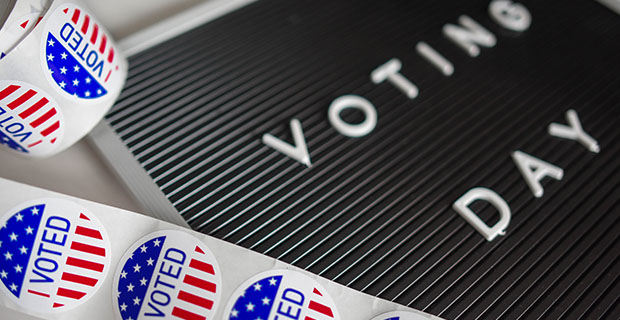Debt collectors trying to repeal Proposition 209
Kiera Riley Arizona Capitol Times//December 8, 2022//
Debt collectors trying to repeal Proposition 209
Kiera Riley Arizona Capitol Times//December 8, 2022//
A cadre of debt collectors are seeking to repeal Proposition 209, a ballot measure which sets limits on interest rates for medical debt and increases exemptions...













































